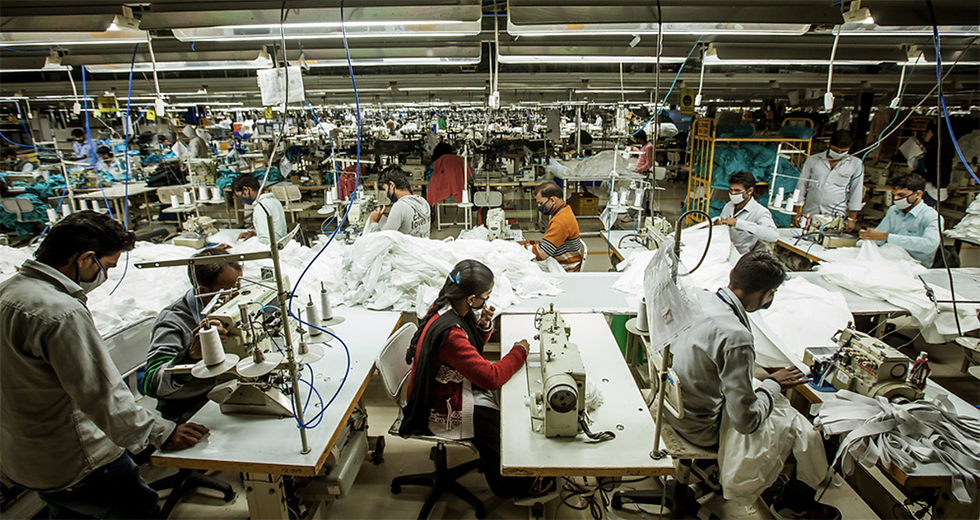Consultation theologically centers labour
Posted on August 30, 2023 by Phil Tanis

A consultation concluded that labour is at the heart of critical concerns of faith.
The NIFEA (New International Financial and Economic Architecture) Consultation on Labour brought together theologians, church leaders, activists, and participants of the Ecumenical School on Governance, Economics, and Management for an Economy of Life in Kuala Lumpur, Malaysia, 21-23 August 2023.
“If the Christian faith is related to all of life, labour is an essential part of it because life would not even exist without the cooperation of productive and reproductive labour of people, other-than-human nature, and the divine,” noted a theological communique produced at the consultation.
Recognizing that many faith traditions speak of the divine as being a worker, the consultation sought to recognize the centrality of labour to life and the dignity of labour as being essential of the fullness of life.
Stories and case studies from participants emphasized that under the present economic system labour continues to be exploited. Decades of neoliberal globalization have shaped labour migration within and beyond national borders as well as eroded wages, social security, and other hard-won rights. Among the most vulnerable groups of workers are racialized communities, youth, and women. In particular, women’s productive and reproductive labour is often unpaid/underpaid and unrecognized work. Climate change, as well as rapid technological changes reflected in the “gig economy,” have further deepened workers’ vulnerability.
The consultation recognized that labour was not only a site of exploitation but was also a site of resistance and the location from where alternatives could emerge. From campaigns for decent work and just wages to promoting cooperatives, churches and faith-based organizations in Hong Kong, Korea, Malaysia, Philippines, and the United States have been witnessing for and walking with workers.
The theological communique the consultation produced states: “Places of work and labour are the places of greatest diversity, bringing together people of all races, genders, ages, and abilities, providing the ground for solidarity. In the words of the apostle Paul, ‘If one member suffers, all suffer together with it’ (1 Corinthians 12:26). The deep solidarity emerging here brings together diverse humanity, other-than-human nature, and the divine in new embodiments of unity-in-difference.”
As part of the programme, participants visited initiatives run by Myanma and Afghani migrants and refugees. The exposure enabled the participants to recognize the vulnerability of migrant workers while at the same time account for the resilience and hope with which they fight against the odds to survive.
The consultation called on the church, the wider ecumenical movement, and all to the task of conscientization that empowers people to identify unjust socio-political structures that prevents everyone from achieving their full humanity; to assist in organizing workers; to form solidarity with industrial and agricultural workers, migrant workers, and refugees; and to actively participate in the building of alternatives including worker cooperatives, community-based projects, and other projects of the solidarity economy.
Hosted by the Council of Churches in Malaysia, the meeting was held as part of the NIFEA initiative, co-sponsored by the World Council of Churches, World Communion of Reformed Churches, Lutheran World Federation, World Methodist Council, and Council of World Mission.
The NIFEA programme is supported by funds from Otto per Mille.
Image: Workers producing clothing at the Pratibha factory (India). Life on Earth/Sean Hawkey.
 World Communion of Reformed Churches
World Communion of Reformed Churches